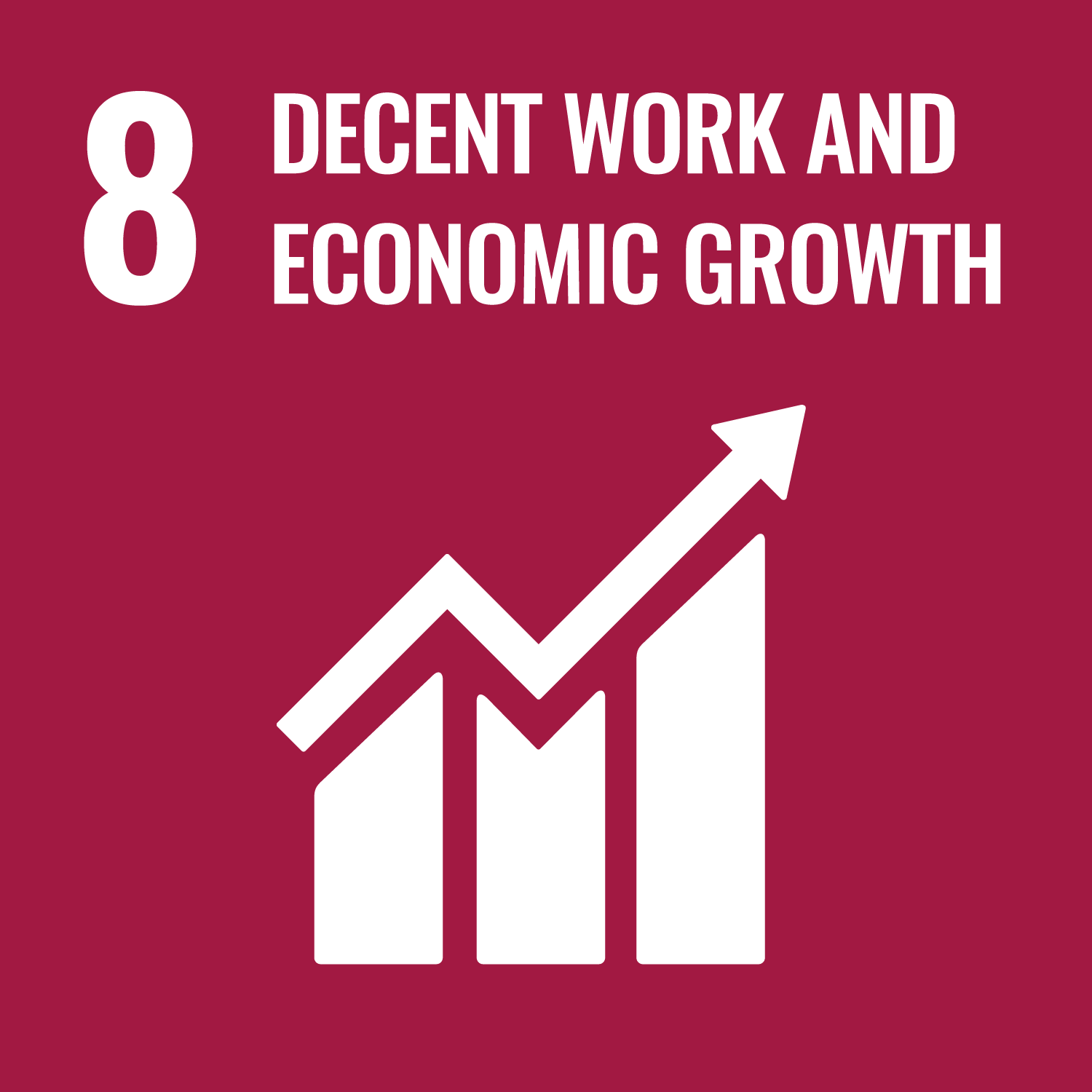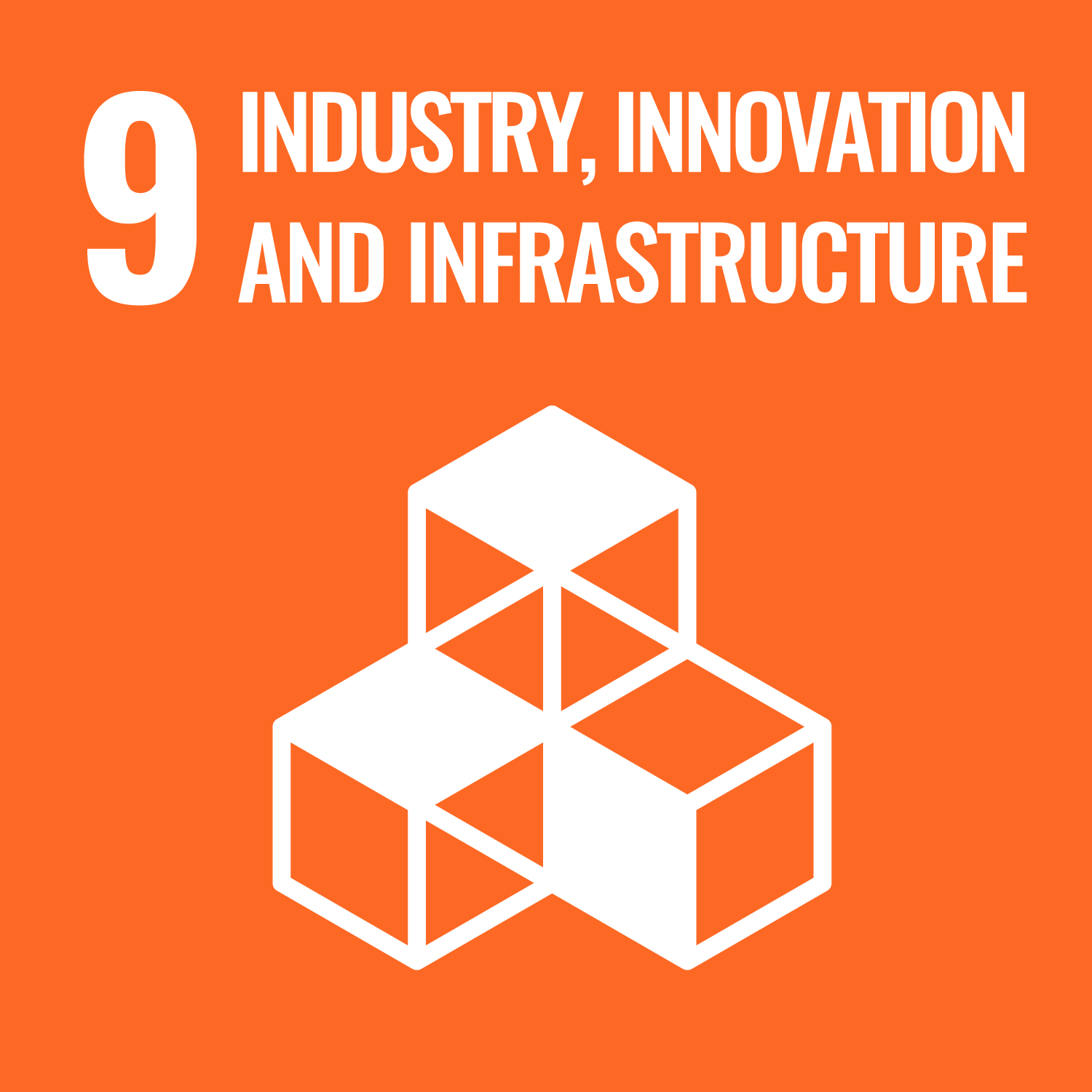Private Sector Development



Foster and strengthen the private sector, which raises national incomes and supports the public finances. Innovation and investment will also be promoted to achieve high quality economic growth.
The growth of private enterprises or private sector development1 is the engine of self-sustained economic growth, job creation and expansion, and higher national income. It is the foundation that supports the public finances or national revenues. Developing countries are faced with a range of challenges that often delay their economic growth. External environments which are beyond the control of private enterprises (i.e. industrial and investment policies and the business environment) need to be improved and basic knowledge, technologies, expertise, and human resources, all of which are the basis for business growth, need to be learned and developed. By addressing and providing support to overcome these challenges that require the public sector's intervention and by dealing with funding gaps, JICA seeks to develop private enterprises in developing countries and improve their competitiveness, promote innovation, investment, and industries, and ensure sustainable and quality growth and development. JICA also aims to achieve economic resilience for both developing countries and Japan through enhanced collaboration and partnership between local and Japanese companies.
The private sector is a source of employment and income for many people, enabling them to live with dignity. It is important to foster resilient industries where everyone, including young people, women, and individuals with disabilities, can work safely and vibrantly, and respond to complex crises. Moreover, addressing challenges in various fields such as agriculture, health, and education through innovation by private companies significantly contributes to the realization of human security.
For more information on JICA's initiatives through applying Human Security approaches, please see below.
(1) Current state of economic growth (regional overview)
Africa.
Many countries are experiencing low per capita GDP growth and income levels both. On the other hand, a number of start-ups have been born one after another, turning adversity into opportunity and contributing to solving social problems, including the impact of the spread of the new coronavirus. Venture investment is also increasing, but in general access to finance is a major constraint.
Asia.
Before the spread of the new coronavirus, GDP per capita growth rates remained constant and some countries were close to entering middle-income countries. In particular, the ASEAN region is coming to the end of its demographic bonus (abundant labour force relative to population) and needs to further upgrade its industries to avoid falling into the middle-income country trap.
Latin America and the Middle East.
Economic growth has been stagnant even before the spread of the new coronavirus, while income inequality in Latin America and high unemployment in the Middle East are challenges.
(2) New industrial development.
Globally, the model of gradual industrial development based on traditional manufacturing is undergoing a major shift. The digitalisation and greening of industry is accelerating, partly due to the spread of new coronavirus infections. We are seeing new industrial development adapting to this significantly changing environment.
(3) Promotion of tourism-related industries.
Tourism is a promising industry in many developing countries due to its ability to earn foreign currency, the breadth of related industries and its ability to absorb employment, etc. However, it has been most severely damaged by the spread of the new coronavirus infection and needs to become sustainable and resilient. The promotion of tourism is important not only from an economic point of view, but also from the aspects of preserving the common heritage of humanity and securing local pride and identity.
(4) Significance of Japan and JICA's efforts.
The foundation of Japan's development lies in its experience of modernisation in the Meiji era and post-war industrial development, and the history and experience that led to the creation of a so-called thick middle class is of high interest to many developing countries. In particular, there is a high need for support for industrial human resources development, including know-how and middle management personnel, as typified by kaizen, and for policies to promote small and medium-sized enterprises (SMEs). The traditional model of industrial development, which has gradually shifted from a labour-intensive industry centred on manufacturing to a higher-order industry, is changing, and the Japanese management style of 'sampo yoshi' and valuing people is being re-evaluated, partly due to the trend towards decent work and ESG investment (investment that takes into account environmental, social and governance issues). In contrast, DX in developing countries is being re-evaluated. Meanwhile, it is also important for Japan to learn from developing countries, such as their adaptability to DX (digital transformation), and to introduce and co-create reverse innovation.
To promote the growth of the private sector, which is the source of sustainable economic growth in developing countries, and to eliminate bottlenecks, we will work on entrepreneur and enterprise development, investment promotion and industrial promotion, and sustainable tourism development. In particular, the following three clusters will be intensively promoted in collaboration with various cooperation partners and others.
(1) Africa Kaizen Initiative.
Based on the Memorandum of Understanding with AUDA-NEPAD (African Union Development Agency), we will promote 1) awareness-raising at the policy level, 2) development of centres of excellence, 3) standardisation of kaizen activities, and 4) networking. from 2020, we are also developing comprehensive corporate support that adds general management and financial access support to kaizen. We are developing our corporate support.
(2) Support for building start-up ecosystems for innovation creation (Next Innovation with Japan; NINJA).
NINJA aims to promote economic growth in developing countries by enabling start-ups in developing countries to create innovations, solve local social problems and create new industries and employment opportunities. To this end, JICA will establish and develop a 'start-up ecosystem' to achieve a situation where innovative 'start-ups' are continuously and autonomously created and nurtured. Among other things, JICA will particularly focus on fostering start-ups that solve social problems.
(3) Asian investment promotion and industrial promotion.
In Asia, where there is a supply chain of mainly Japanese manufacturers, we will work in an integrated manner to attract foreign direct investment (FDI) through initiatives such as improving the investment environment, and to strengthen the capacity of locally traded companies through industrial promotion measures.
scroll